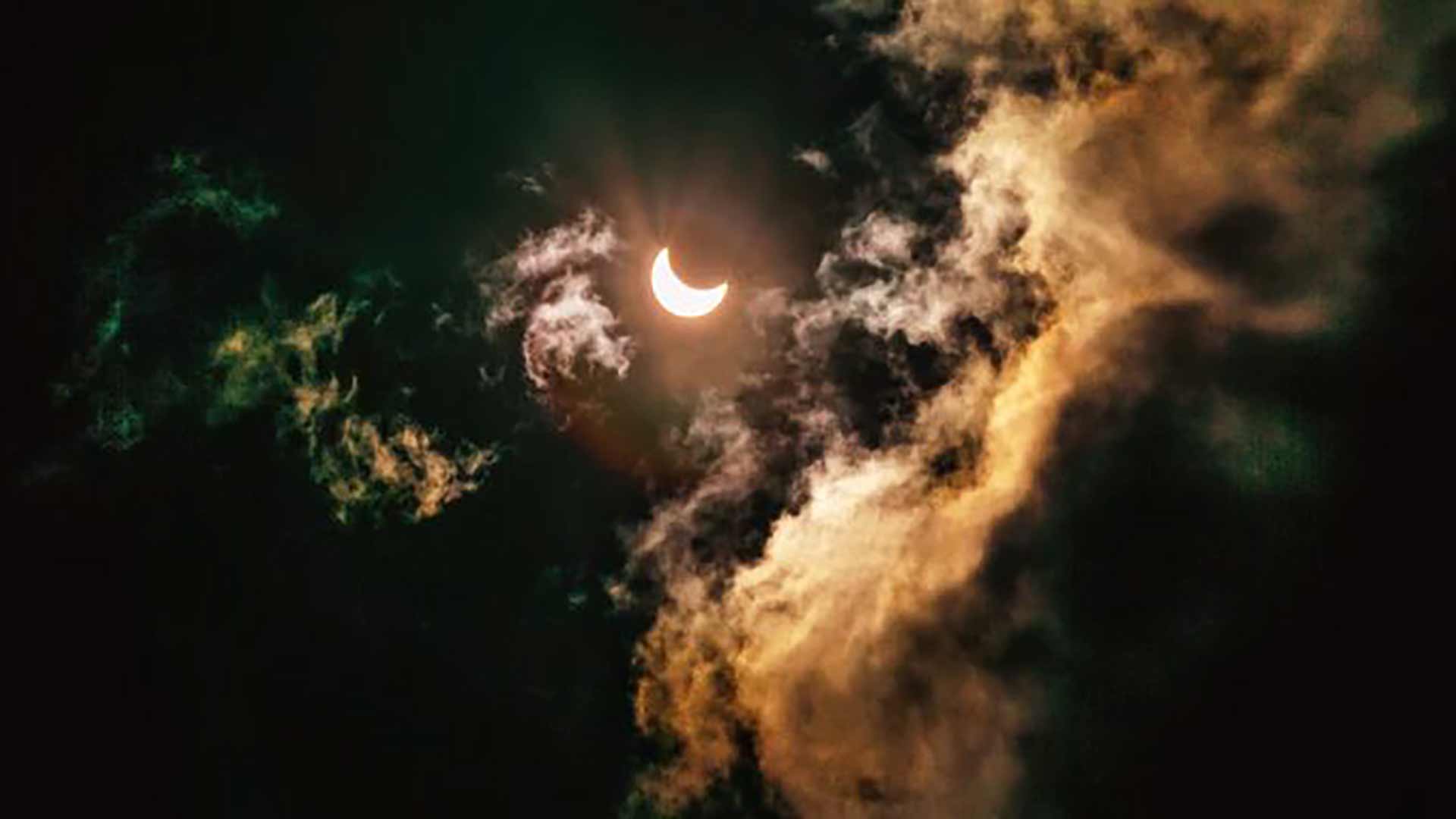Discerning the Signs of the Times
The Readings of the end of the liturgical cycle portray the end times. The idea is to conscientize us about this inescapable reality. Initially, the suffering that the Israelites underwent in Exile was an occasion for prophets to speak of hope. But that hope became a living reality only centuries later, with the coming of Christ, who died for the sins of humankind by offering Himself as a living sacrifice. He was at once the High Priest and the victim, our only hope.
The First Reading (Dan 12: 1-3) takes us back to the Babylonian Exile. It does not matter whether the author was Daniel the returnee from Exile or Daniel the king of antiquity; possibly, the name here is symbolic. His book seems to have been written during the time of king Antiochus IV Epiphanes, who wished to end the Jewish religion and to Hellenize Palestine, over which he ruled (c. 167 BC). The fact of the matter is that many Jews stood up to him and were killed; and it was therefore of the essence for the people to know what would be the fate of those who had died.
That is when Daniel spoke of the resurrection as the beginning of happiness in the afterlife. Concretely, the prophet announced the liberation of Israel after the horrors perpetrated by the Antiochian monarch. Besides national resurgence, he also announced the resurrection of the body. Scholars say that the doctrine of the resurrection, according to biblical anthropology, places more value on the bodily aspect than on immortality conceived in the Hellenistic manner.
In today’s Gospel (Mk 13: 24-32) too we see the theme of the resurrection. Earlier on (12: 18-27), Jesus broached this topic; and after speaking of the destruction of Jerusalem and the rise of false prophets that will be posing as messiahs, Jesus speaks of the coming of the Son of Man. He quotes from the Old Testament about how the world will be after ‘the great tribulation’[1]: the sun will be darkened, the moon will not give its light, the stars will fall from heaven and the powers in heaven will be shaken. After that the Son of Man will come from the clouds with great power and glory and send out His angels and gather his elect (those who believe in Him as Messiah and Saviour) from the four corners of the world.
Will we discern these signs and mend our ways, or will we be oblivious of the changing times and suffer a titanic loss? Mind you, Jesus has warned us: ‘Take heed, I have told you all things beforehand (13: 23). Once before, addressing the crowd, He said: ‘Hypocrites! You know how to interpret the appearance of the earth and the sky. How is it that you don’t know how to interpret this present time?’ (Lk 12: 56) A pointed question indeed. So, if ignorance of the (secular) law excuses no one, shouldn’t the same principle hold true for God’s law? We cannot take God for granted and would do well to be in a state of readiness when the Son of Man arrives.
Jesus has stated very categorically that Heaven and earth may pass away but His words will not. Yet, He said not a word about the specific hour when the end will come; none except the Heavenly Father knows it. And as for us, it behoves us to wait in great anticipation, like the wise virgins did for the groom’s arrival. We have to read the writing on the wall, discern the signs of the times. We must look around and see what the world has come to: natural calamities; breakdown in human relationships; catastrophes within institutions, the Church included; and calamities of war. Are we then in the times of pre-Tribulation?
Finally, today’s Second Reading (Heb 10: 11-14, 18) reiterates last Sunday’s heartening message: that Christ offered for all time a single sacrifice for sins and sat down at the right hand of God, by which He has perfected for all time those who are sanctified. We now await His coming as the King of the Universe next Sunday. And soon, with Advent, yet another liturgical cycle will begin.
[1] There are different views about how this will pan out. But, simply understood, it is a period that Jesus refers to in the Olivet Discourse, the last of the five discourses that St Matthew reports on, before the beginning of the Passion. Jesus meant it as a sign that would occur in the end of times.
Banner: https://shorturl.at/QrbHg
